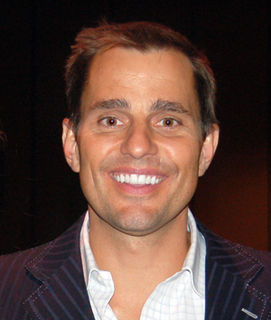Top 383 Startup Quotes & Sayings - Page 5
Explore popular Startup quotes.
Last updated on December 12, 2024.
Startups alternate between nostalgia for the garage and millennial longing for a lucrative exit. But what I always keep in mind is how disconnected and purposeless I felt before Redfin or my earlier startup, Plumtree. All I ever wanted was to get into a situation where I could win. Everybody has that dream.
Inasmuch as there is a useful purpose to what we do as VCs, I tend to think it's our duty not only to mentor entrepreneurs and executive teams, but also to learn from them and the others involved. We can then pass on lessons to aid the startup ecosystem and help businesses succeed and grow their impact.
Being a startup entrepreneur is not for everybody and it’s not the only desirable career choice. I also know that many people have families and cost obligations that don’t allow the kinds of financial risks associated with starting a company. And for others the hours, stresses and sacrifices in personal relationships are not worth it.













































